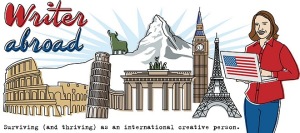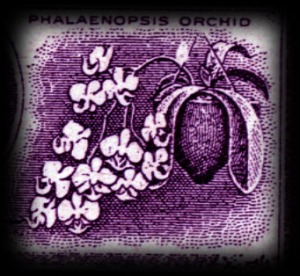This week I’m thrilled to be featured in Chantal Panozzo’s WriterAbroad Interview series.

I join fellow expat and global nomad authors like the Petite Anglaise blogger-turned-novelist Catherine Sanderson in France, veteran Expat Expert publisher Robin Pascoe, Maya “The New Global Student” Frost in Argentina, and Alan Paul, the Wall Street Journal’s “The Expat Life” columnist based in China.
Chantal — an American in Switzerland whose work appears in the dysfunctional family Chicken Soup anthology with mine, and guest posted last week at expat+HAREM — asks how to connect with a reading audience back home.
People abroad have often turned to writing when other options for work and expression were limited. It tends to be a location-independent profession and pasttime.
Technology and the times now challenge writers abroad to do even more. Because we can — and must.
We can make a bigger impact with less resources. Plus, even if we wanted to, we can no longer depend solely on high-barrier traditional routes. We writers are now producers, and directors, and engineers of content.
Revisiting all my entertainment projects in development in this new light: how to tell the story of my ‘forensic memoir of friendship’ using 25-years worth of multimedia? Can two screenplays be converted to enhanced ebooks for iPhone or iPad — incorporating images, sound, text — or even made into a graphic novel?
What recent technology or industry shift both lowers a traditional barrier for you and raises your game?
This blog has moved. Comment here.



 2010 Capital of Culture monthly feature of best Istanbul links
2010 Capital of Culture monthly feature of best Istanbul links